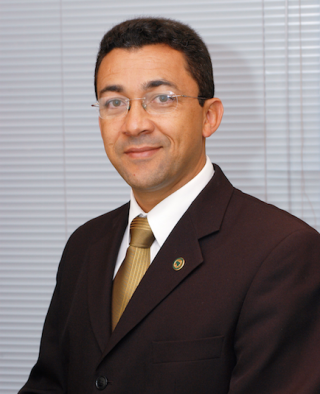Depression
Sadness or Depression
It is important to make clear the difference between feeling sad or “depressed”
Posted July 7, 2015
By Antônio Geraldo da Silva, M.D., and Alexander Moreira-Almeida M.D., Ph.D.
Depression has been getting more and more media attention, especially when it is mentioned by extremely well-known people who have experienced it. This is the case of a very popular Brazilian preacher, the Catholic priest Marcelo Rossi, who, in his most recent book, Philia, publicly declared that he suffered from this mental disorder. In it, Rossi talks about the emotions that led him to depression, such as sadness, and reveals how he overcame this and other “contemporary ills” with the help of brotherly love, the meaning of the Greek word that is the book’s title.
First of all, it is important to make the difference clear between feeling sad or “depressed” and depression (the depressive disorder). Depression is a combination of symptoms that impact the organism as a whole, negatively affecting the body, the mood and even the way people see the world around them. Sadness in itself is not the same as depression. Sadness can be felt by any person who, for example, has ended a relationship or lost a job, situations that tend to resolve themselves without the need for treatment. The psychiatrist has a fundamental role in this diagnosis, and faith, in both cases, can be an important coping tool, contributing to the improvement of patients.

The importance of spirituality in mental health and psychiatric treatments has been demonstrated by thousands of studies all over the world. People with religious/spiritual beliefs and practices tend to have better physical and mental health, besides achieving better results in the treatment of depression. But faith needs to be seen as part of the treatment, not as the cure. It is important to stress that depression needs specific treatments, but faith, as well as doing physical activities and resuming social life, can really contribute to the improvement of this clinical condition.

It is also worth noting that people who experience a depressive episode have a nearly 50% chance of experiencing a second one. And, once there is a relapse, there is a 75% to 90% chance of a third one unless the person is treated correctly. Therefore, it is fundamental to get the right diagnosis and continue with the treatment, which may involve medication, physical activity and psychotherapy, for example.
To give an idea of the situation, let us take into account that every three seconds a person makes an attempt on their life, and that one person in every forty seconds commits suicide. Depression is among the diseases more closely associated with these episodes. According to the World Health Organization, this mental disorder becomes a reality at some point in the lives of about 17% of the adult population. This means that 30 million Brazilians either suffered, currently suffer or will suffer from depression.
Despite the fact that this disease affects such a large part of the population, there is still a lot of prejudice against it. When a famous person talks about it openly and publicly, he or she helps millions of people who suffer from depression in silence to look for help. More than that: this person helps people to accept their diagnosis and begin treatment. This is the first step for us to overcome this malady of the century.
Antônio Geraldo da Silva is the president of the Brazilian Association of Psychiatry (ABP)
Alexander Moreira-Almeida is associate Professor of Psychiatry for the Federal University of Juiz de Fora (UFJF) and coordinator of the Commission for Studies and Research in Spirituality and Mental Health from ABP


